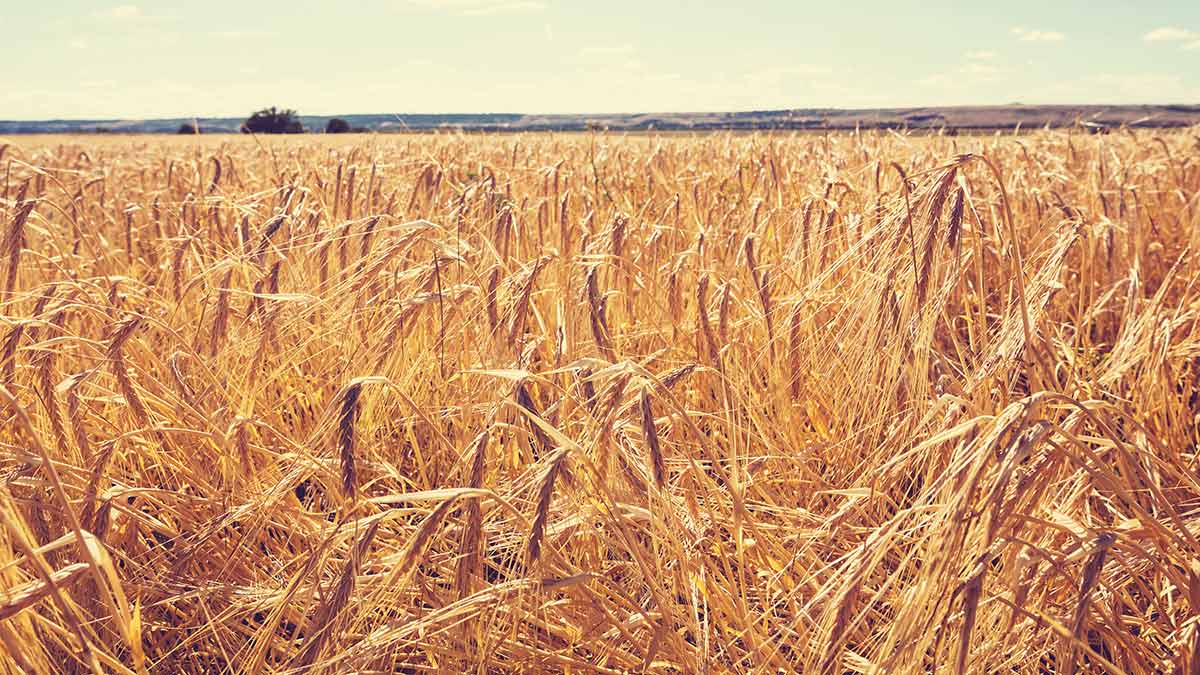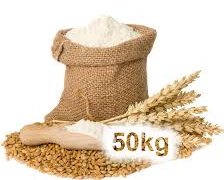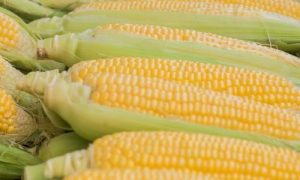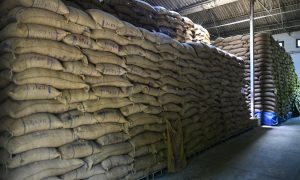Argentina wheat sales stall as farmers wait for election, rains

TORA BROSTA
Argentina’s sales of the upcoming wheat crop are the slowest in seven years, delayed by farmers waiting for heavier rainfall and gambling on the result of the country’s Oct. 22 presidential election, with some candidates pledging tax cuts on grains exports.
Argentina, a major exporter of wheat, along with soy and corn, has recorded just 1.51 million metric tons of pre-sales of the upcoming 2023/24 harvest by Sept. 13, latest government data showed this week, the slowest since 2016/17 and a sharp drop from recent years.
This figure compares with 5.28 million tons recorded at almost the same date 2022/23, according to the farming secretariat.
“The low sales is due in part to the political uncertainty regarding the new government,” said Miguel Cane, president of the ArgenTrigo grains chamber. A new administration will take office in December, with three main candidates vying to win.
“There’s speculation that taxes may be lowered somewhat for the time of harvest,” Cane added. Two of the three main presidential candidates have pledged to eliminate wheat export tariffs, currently set at 12%.
Those are conservative Patricia Bullrich and outsider libertarian Javier Milei, currently the front-runner. They face ruling party economy chief Sergio Massa, who has not made such a promise.
The Buenos Aires grains exchange forecasts a 2023/24 wheat harvest of 16.5 million tons, up from the previous drought-hit harvest but lower than a peak of 22.4 million tons in 2021/22.
WEATHER AT PLAY
The other factor that is holding wheat sales in the weather, after a historic drought hammered crops over the last year. An El Nino weather pattern has brought wetter weather, but there are still wheat areas that need more water, expected in October.
Roberto Frigo, president of a farm cooperative in the wheat town of Rosario de Tala, said that some farmers were scarred by last year when they made early sales and then could not meet their obligations after crops were hit by the drought.
“There’s a lot of expectation about what’s going to happen with the weather,” he said. “You can get stuck in a forward (sales deal) and then you can’t fulfill it.”
According to Frigo, the state of the plants is mixed in the center of the Entre Rios province where Rosario de Tala is, with areas of crops in good condition and others in need of water.
Cane agreed that, along with a drop in international wheat prices compared with last season, climate uncertainty is weighing farmers as they wait for heavier rainfall.
A report on Wednesday by the Rosario grains exchange said heavier rain may only arrive “in the last days of September or the first days of October.”
Meanwhile, farmers like Frigo hold off making sales.
“There are areas of land that are still complicated,” he said. “That is why we are waiting for the real harvest and also for the new government to be in place. Both things.”
Source: Reuters














